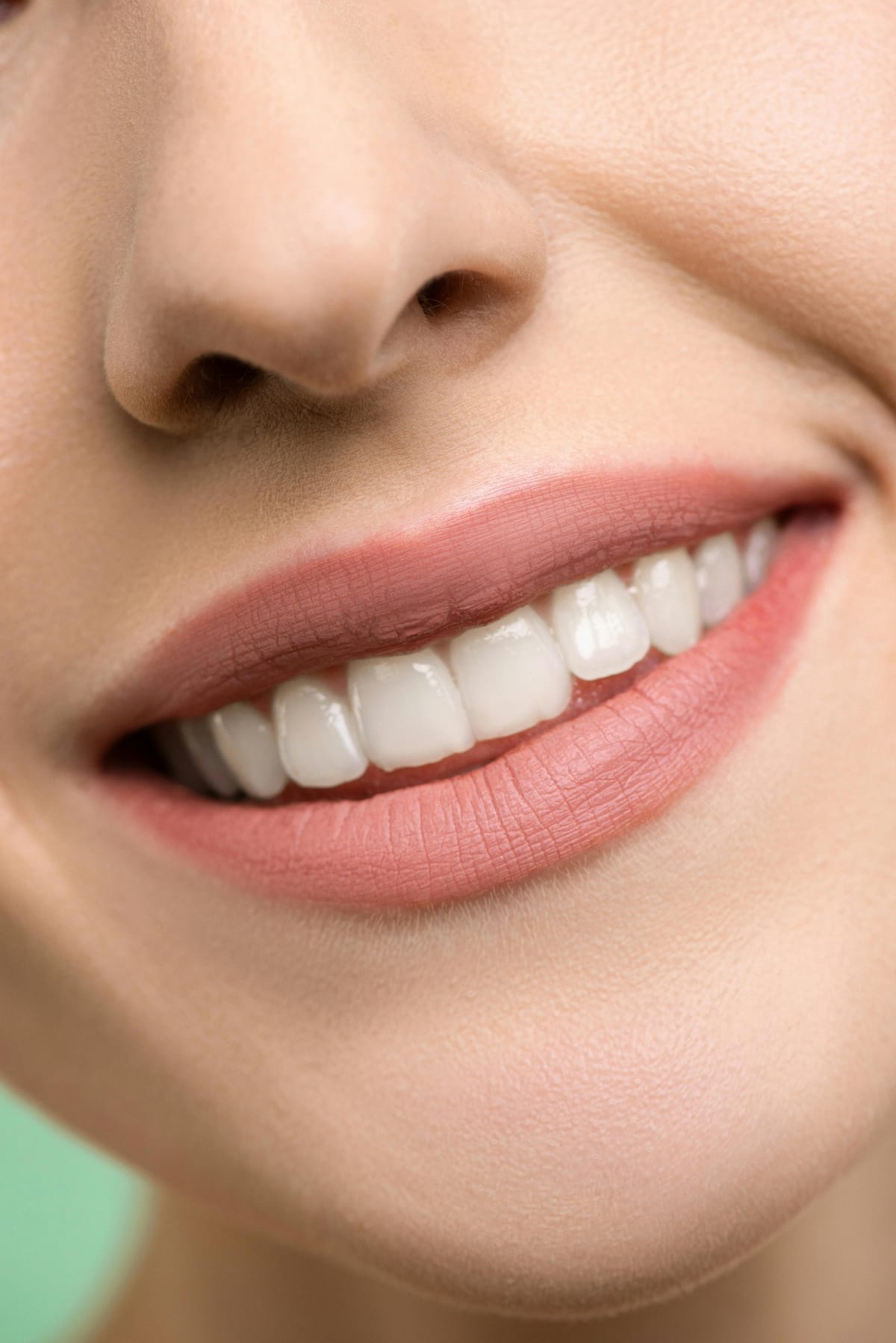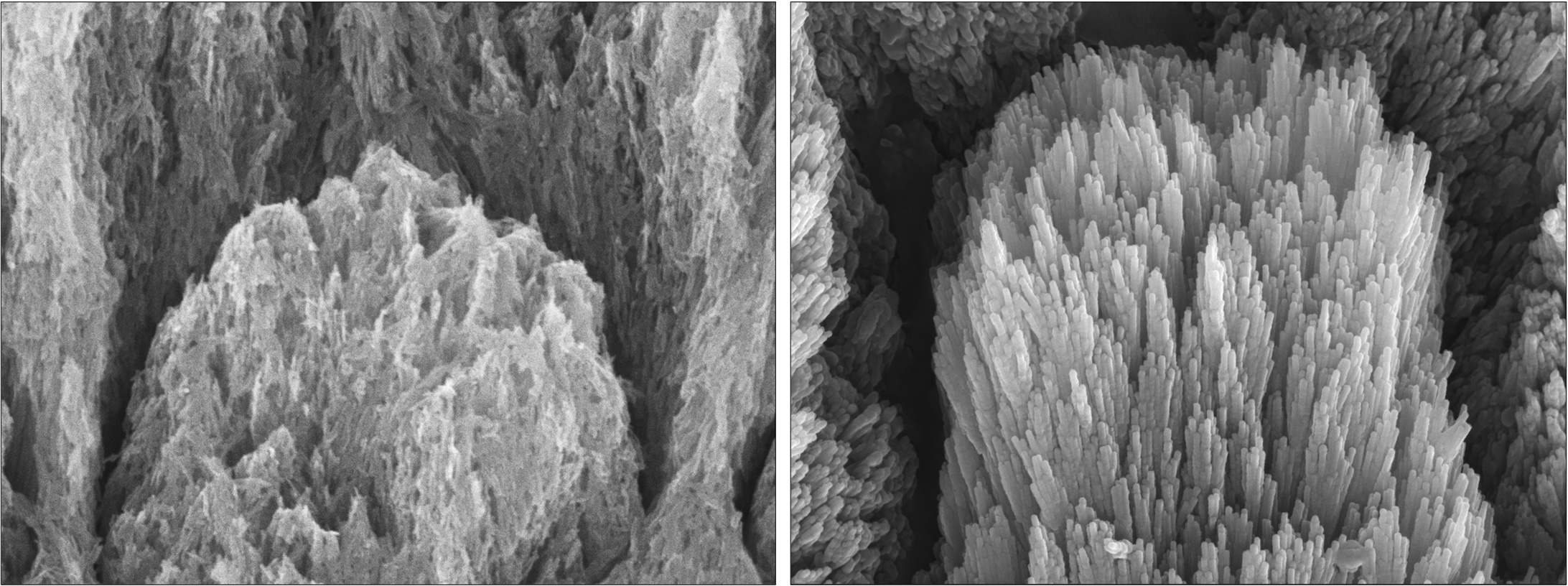New Gel Restores Dental Enamel and Could Revolutionise Tooth Repair

By Science Correspondent
A new gel made from a bioinspired material can repair and regrow tooth enamel, offering a promising new way to protect and restore teeth.
Researchers from the University of Nottingham’s School of Pharmacy and Department of Chemical and Environmental Engineering, working with an international team, created the gel using a special protein-based material. Their findings were published in Nature Communications.
The gel can be applied quickly, just like fluoride treatments used by dentists today.
However, it is fluoride-free and instead mimics the natural proteins that help enamel grow during early tooth development. When applied, the gel forms a thin, strong layer that fills in small holes and cracks. It then acts as a scaffold, using calcium and phosphate ions from saliva to promote a process called epitaxial mineralization.
This allows new mineral to grow and blend seamlessly with the tooth, restoring both its structure and strength.
The material can also be used on exposed dentine, forming an enamel-like layer. This could help treat sensitivity and improve dental restoration bonding.

Enamel degradation is a leading cause of tooth decay and affects nearly 50% of the world’s population. It can lead to infections, tooth loss, and even contribute to health conditions such as diabetes and cardiovascular disease. Since enamel cannot naturally regrow, current treatments like fluoride varnishes only relieve symptoms instead of rebuilding lost enamel.
Dr Abshar Hasan, Postdoctoral Fellow and lead author, explained:
“Dental enamel has a unique structure, which gives enamel its remarkable properties that protect our teeth throughout life against physical, chemical, and thermal insults. When our material is applied to demineralized or eroded enamel, or exposed dentine, the material promotes the growth of crystals in an integrated and organized manner, recovering the architecture of our natural healthy enamel.”
"We have tested the mechanical properties of these regenerated tissues under conditions simulating ‘real-life situations’ such as tooth brushing, chewing, and exposure to acidic foods, and found that the regenerated enamel behaves just like healthy enamel." Dr Abshar Hasan
"We are very excited because the technology has been designed with the clinician and patient in mind. It is safe, can be easily and rapidly applied, and it is scalable. Also, the technology is versatile, which opens the opportunity to be translated into multiple types of products to help patients of all ages suffering from a variety of dental problems associated with loss of enamel and exposed dentine. We have started this process with our start-up company Mintech-Bio and hope to have a first product out next year; this innovation could soon be helping patients worldwide." Professor Alvaro Mata, Chair in Biomedical Engineering & Biomaterials
To see more from Nottingham University click here
If you have a positive story or uplifting news to share, we’d love to hear from you!
Just email us at news@goodnewspost.co.uk.
Whether it's a local hero, an act of kindness, or a personal win, your story could help spread joy and improve someone’s mental health. Let’s make the world a little brighter, one good news story at a time.
And don’t forget—you can sign up for free to get the latest feel-good stories straight to your inbox!





